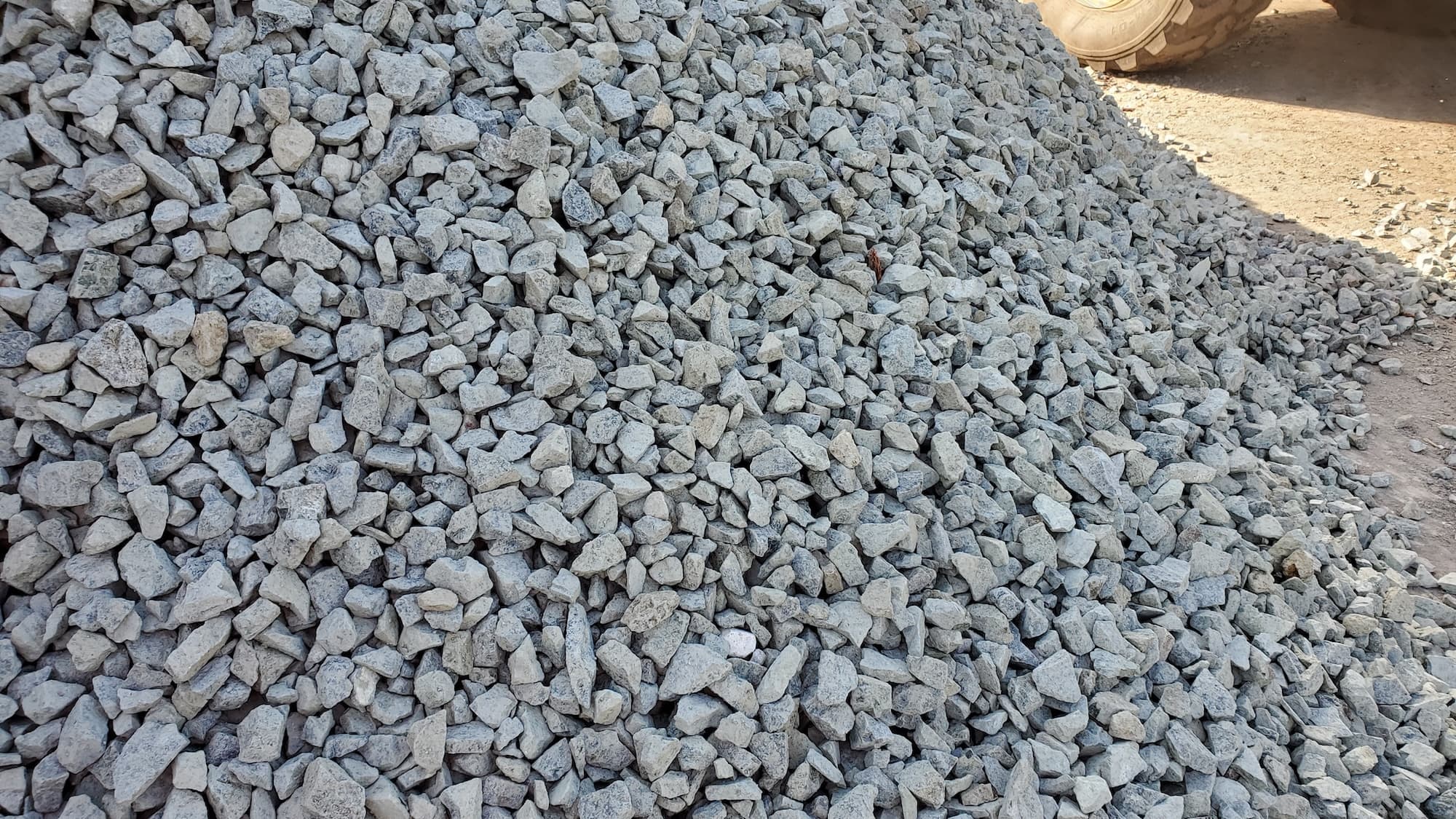West Seattle Campground Gravel Pads
Homeowner’s Issue
West Seattle campgrounds and small outdoor sites face a set of predictable problems: heavy seasonal rain, compacted glacial till, shaded corners under big maples that hold moss, and steep driveways or slopes that funnel runoff. Pads sink, puddle, and grow bindweed and ivy where water pools; near Alki and Lincoln Park seawater spray can add grit and corrosion to fixtures. Hills in High Point or Fauntleroy make erosion and edge failure common after heavy storms. Most local HOAs and park managers want durable surfaces that look tidy year-round without chemical weed control.
Seattle’s wet season (Oct–Apr) overwhelms poorly draining spots, while short, hot summer spells mean dust and shifting gravel. Narrow access and limited staging areas on older properties raise hauling costs and affect timelines. Sustainable solutions prioritize permeable surfacing, long-lasting base layers, and organic weed control — all to meet local stormwater concerns and keep campsites usable through a Seattle winter. Our work avoids herbicides and focuses on mechanical prep, fabric, and correct gravel gradation so pads stay functional and tidy with minimal repeat visits.
Our Quality Service
We install or refresh gravel pads using durable aggregates, geotextile fabric, and compacted base layers sized for foot and light-vehicle traffic. Typical tasks take one to three days for small pads (1–4 sites); larger campground sections require staged work and a short project plan. We use plate compactors, skid-steer material handling, wheelbarrows for tight access, and hand tools for edging and finish grading.
Local insight: soils are often a mix of clay and sand over glacial deposits—so we build a crushed-rock base where needed, slope pads for positive drainage, and tie into existing storm routes. We schedule heavier work in drier windows (late spring/summer) but can do prep and repairs year-round with tarps and mats. All methods are sustainable: no herbicides, hand-weeding, mechanical removal, landscape fabric, and optional organic mulch collars.
Benefits: better safety on wet days, improved curb appeal for park managers and HOAs, reduced maintenance visits, and long-term erosion control that performs during Seattle’s rainy months.
What’s Included
- Site assessment and slope/drainage plan
- Clearing of existing gravel, weeds, and debris (hand-pulled; no herbicides)
- Install geotextile fabric where appropriate
- Compact crushed-rock base (if needed) and final gravel lift
- Edging and compaction for clean lines and durability
- Cleanup and haul-away of removed materials
Options / Upgrades:
- Coarser base rock for vehicle-rated pads
- Extra gravel per ton (priced per cubic yard)
- Organic weed-control matting + mulch borders
- Haul-away vs. green‑bin / composting for vegetation (choose disposal method)
Before & After / Expectations
Be honest: the job can be noisy and messy for a day or two. Expect heavy equipment or a skid-steer on larger installs and wheelbarrows on tight sites. We protect lawns and walkways with mats and keep a tidy staging area where possible. Debris is hauled off unless you request green‑waste drop-off.
Timelines: small pad refreshes (under 200 sq ft) — 1 day; full installs or multiple sites — 2–4 days plus curing/settling time. After installation, allow a week before heavier repeated vehicle use to let the base settle.
Care tips for West Seattle:
- Hand-pull annual weeds in spring and fall before seed set.
- Rake gravel annually and top-dress with 1–2 inches of new gravel every 3–5 years.
- Address moss on shaded edges by improving drainage and trimming canopy.
- Watering is rarely needed; avoid irrigation that creates persistent wet spots.
FAQs
Q: How long will a gravel pad last here?
A: With proper base and drainage, pads last many years. Expect surface topping sooner (3–7 years) than base repairs.
Q: Will you use herbicides to control weeds?
A: No. We use mechanical removal, fabric, mulching, and organic options only.
Q: Can you work on a steep site in High Point or Fauntleroy?
A: Yes. We build terraced edges, proper slope angles, and retaining edging to prevent washouts.
Q: Do you handle permits or HOA approvals?
A: We can prepare simple scope notes and photos for HOA review; full permitting is quoted separately.
Call to Action
Ready to stop muddied pads and recurring weed problems? Neat & Tidy schedules quick estimates for West Seattle properties, from Alki and Lincoln Park edges to hilltop campsites. Free photo estimates or onsite quotes; we’ll recommend sustainable options that fit your budget and site constraints.
Email: neatandtidyseattle@gmail.com
Phone: 206-538-9344
Mon–Sun: 9am–6pm
Licensed • Bonded • Insured










